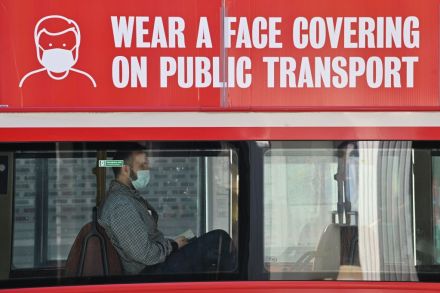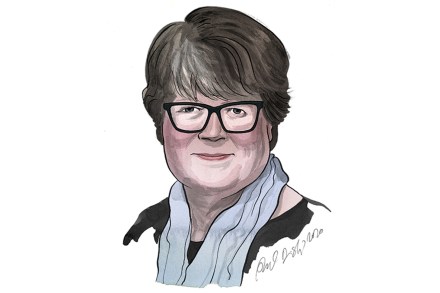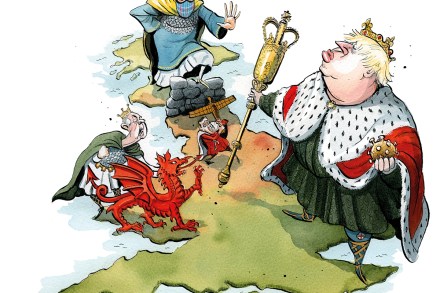Brace yourselves for a double-dip Covid recession
It says much about the covid ‘traffic light’ system to be announced by the Prime Minister later that the three alert levels are expected to be labelled ‘medium’, ‘high’ and ‘very high’. It is a bit like condom sizes which start at ‘large’, move onto ‘extra large’ and ‘extra, extra large’. It is all very well talking about two week ‘circuit breakers’, but how do we ever get out of a system of restrictions which does not appear to recognise that we could ever be at low risk from covid infection? People can live without going to pubs and clubs. There will be some people who will not consider it





















